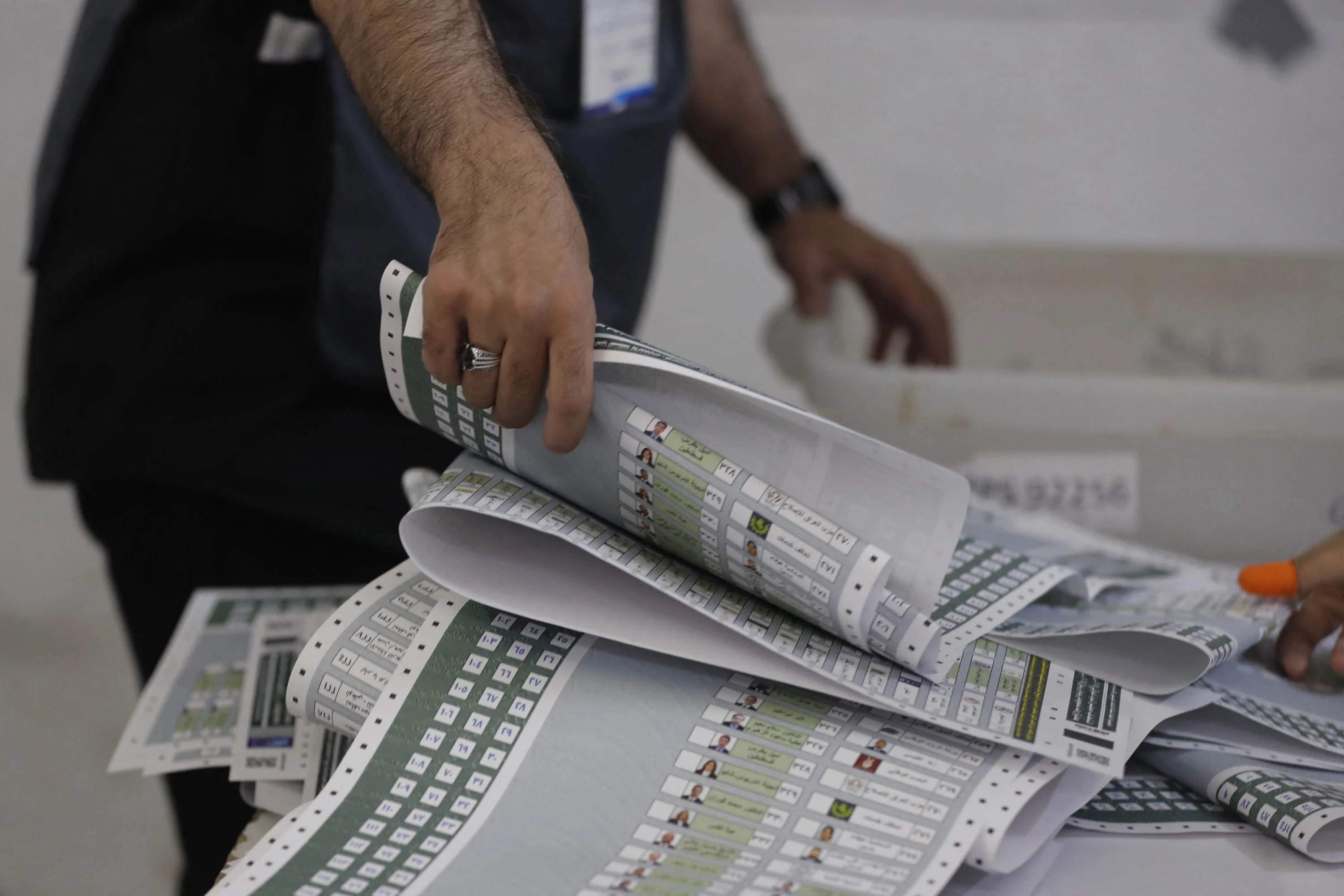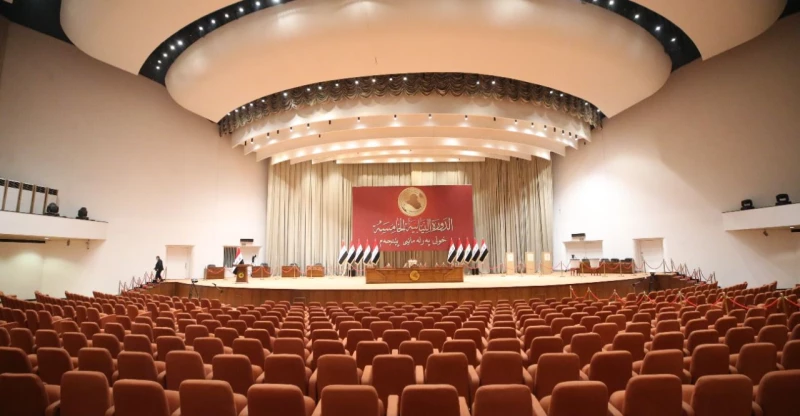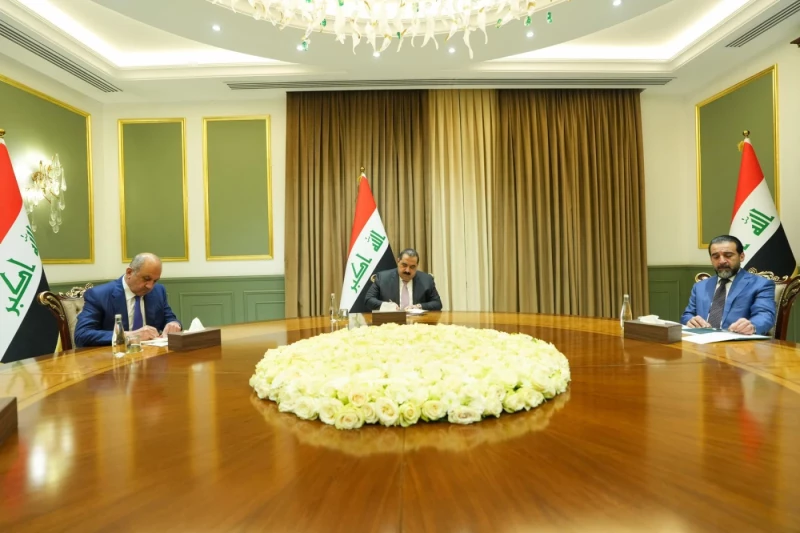ERBIL, Kurdistan Region of Iraq – Preliminary results released by Iraq’s electoral commission revealed that several candidates received only one vote, likely their own. Observers say the result highlights a sharp gap between some candidates and political reality, exposing the absence of genuine support behind their campaigns.
In an election that featured nearly 7,750 candidates, receiving a single vote suggests that a candidate lacked the minimum level of backing from family or close social circles.
According to official figures announced by the Independent High Electoral Commission (IHEC), 55 candidates across Iraq received only one vote each, despite being affiliated with political blocs that ran large campaigns and had access to broad media coverage.
The low tallies were not isolated cases but affected entire political blocs. The National Depth Alliance recorded 14 candidates with one vote each, for instance. Several candidates from more established blocs, such as Ishraqat Kanun, also received one vote.
Salah al-Mousawi, a political analyst from the southern Dhi Qar province, told The New Region that such cases “indicate a complete disconnect between some candidates and the social reality.”
“The candidate who gets only his own vote, if he even voted for himself, shows a lack of planning and political awareness,” he said, adding that many entered the elections “just to experiment or seek attention rather than compete seriously.”
He explained that some candidates ran purely out of personal curiosity or a desire to test their luck, without having a vision or a clear support base. “Some parties also nominate filler candidates without giving them any real backing,” he added.
Razzaq Obaid, director of the Tammuz Organization for Election Monitoring’s office in Dhi Qar, told The New Region that the phenomenon reflects psychological, social, and cognitive factors, rather than just electoral results.
He said some individuals ran “only to gain social recognition, to be called a parliamentary candidate, more than to win an actual competition that requires programs, voters, and persuasive ability.”
According to Obaid, many of the lowest-performing candidates “lacked even basic knowledge of the electoral law,” saying they showed a “serious lack of political and electoral awareness.”
Iraq held general parliamentary elections on Tuesday, the sixth since the 2003 US-led invasion, with an unexpectedly high turnout rate of 56.11 percent.
Preliminary results released by the Independent High Electoral Commission (IHEC) on Wednesday show Prime Minister Mohammed Shia’ al-Sudani’s Reconstruction and Development Alliance as the victor of the vote. The premier said his coalition will serve all components of the country.
Of a total of some 20 million eligible voters, 12,003,143 people participated in the vote, including Sunday’s early vote, according to IHEC.



 Facebook
Facebook
 LinkedIn
LinkedIn
 Telegram
Telegram
 X
X


